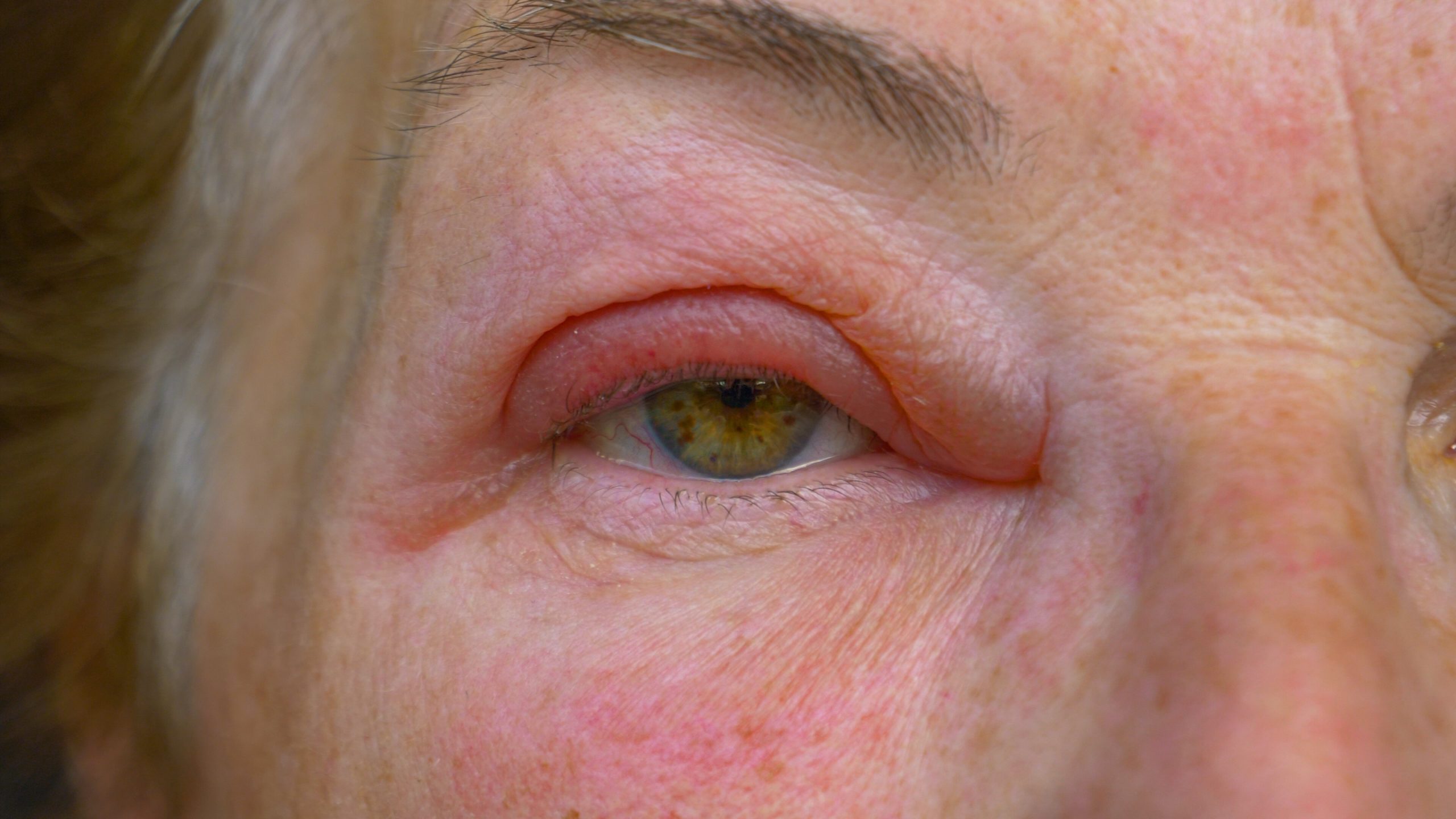Understanding Fungal Keratitis
Introduction
Fungal keratitis is a serious eye infection characterized by inflammation of the cornea caused by fungal pathogens. Though relatively rare compared to bacterial or viral keratitis, fungal keratitis can lead to severe vision loss if left untreated. Understanding the causes, symptoms, treatment options, and prevention strategies for fungal keratitis is crucial for prompt diagnosis and effective management of this condition.
Causes of Fungal Keratitis
Fungal keratitis typically occurs following corneal trauma or injury, allowing fungal spores from the environment to invade and infect the corneal tissue. Risk factors for fungal keratitis include:
- Contact lens wear: Improper hygiene practices or extended use of contact lenses increases the risk of fungal contamination and infection.
- Corneal injury: Abrasions, scratches, or cuts to the cornea provide entry points for fungal pathogens to invade.
- Warm, humid environments: Fungal spores thrive in moist environments, making individuals living in tropical or subtropical regions more susceptible to fungal keratitis.
- Immunocompromised status: Individuals with weakened immune systems, such as those with diabetes or HIV/AIDS, are at higher risk of fungal infections, including fungal keratitis.
Symptoms of Fungal Keratitis
The symptoms of fungal keratitis can vary in severity but may include:
- Eye pain: Often described as severe and persistent, accompanied by redness and sensitivity to light.
- Blurry vision: Loss of clarity in vision, which may worsen over time as the infection progresses.
- Watery discharge: Excessive tearing or discharge from the affected eye.
- Eye redness: Inflammation and redness of the affected eye, commonly seen around the cornea.
- Foreign body sensation: Feeling as though there’s something in the eye, accompanied by discomfort or irritation.
Treatment of Fungal Keratitis
Prompt diagnosis and early initiation of treatment are crucial for managing fungal keratitis effectively. Treatment may involve:
- Antifungal medications: Topical or systemic antifungal agents, such as voriconazole, natamycin, or amphotericin B, are often prescribed to combat the fungal infection.
- Corneal debridement: Removal of infected corneal tissue may be necessary to reduce the fungal load and promote healing.
- Surgical intervention: In severe cases or when medical therapy fails, surgical procedures such as corneal transplantation may be required to restore vision and eliminate the source of infection.
Prevention of Fungal Keratitis
Preventive measures can help reduce the risk of fungal keratitis:
- Proper contact lens hygiene: Follow strict hygiene practices when handling and storing contact lenses, including regular cleaning and disinfection.
- Avoiding eye trauma: Take precautions to prevent corneal injuries, such as wearing protective eyewear during sports or activities that pose a risk of eye injury.
- Limiting exposure to fungal spores: Minimize exposure to environments where fungal spores are prevalent, especially in warm, humid climates.
- Regular eye exams: Routine eye examinations can help detect any signs of infection or abnormalities early, allowing for prompt intervention.
Conclusion
Fungal keratitis is a serious eye infection that requires prompt diagnosis and appropriate treatment to prevent vision loss and complications. By understanding the causes, symptoms, treatment options, and preventive measures associated with fungal keratitis, individuals can take proactive steps to protect their eye health and reduce the risk of infection. If experiencing any symptoms suggestive of fungal keratitis, seek immediate medical attention from an eye care professional for proper evaluation and management. Early intervention is key to preserving vision and minimizing the impact of this potentially sight-threatening condition.
World Eye Care Foundation’s eyecare.live brings you the latest information from various industry sources and experts in eye health and vision care. Please consult with your eye care provider for more general information and specific eye conditions. We do not provide any medical advice, suggestions or recommendations in any health conditions.
Commonly Asked Questions
Fungi such as Fusarium, Aspergillus, and Candida are among the common pathogens responsible for fungal keratitis.
Fungal keratitis is typically not contagious and does not spread from person to person. However, fungal spores can be present in the environment and may lead to infection if they come into contact with a compromised cornea.
Diagnosis of fungal keratitis involves a comprehensive eye examination, corneal cultures, and laboratory tests to identify the causative fungus.
Yes, fungal keratitis is more prevalent in warm, humid climates, particularly in tropical and subtropical regions where fungal spores thrive.
Yes, improper use or hygiene practices associated with contact lens wear can increase the risk of fungal contamination and subsequent keratitis.
Without prompt treatment, fungal keratitis can lead to corneal scarring, vision loss, and potentially permanent damage to the eye.
It’s essential to seek professional medical care for fungal keratitis. Home remedies are not recommended and may exacerbate the condition.
In some cases, fungal keratitis may recur, especially if underlying risk factors such as contact lens wear or corneal trauma persist. Regular follow-up with an eye care professional is essential for monitoring and managing the condition.
Surgery may be required in severe cases of fungal keratitis or when medical therapy is ineffective. However, not all cases necessitate surgical intervention, and treatment options will depend on the individual’s condition and response to therapy.
To reduce the risk of fungal keratitis, wear protective eyewear, such as goggles, when gardening or working in environments where there’s exposure to soil or organic matter that may harbor fungal spores.
news via inbox
Subscribe here to get latest updates !








